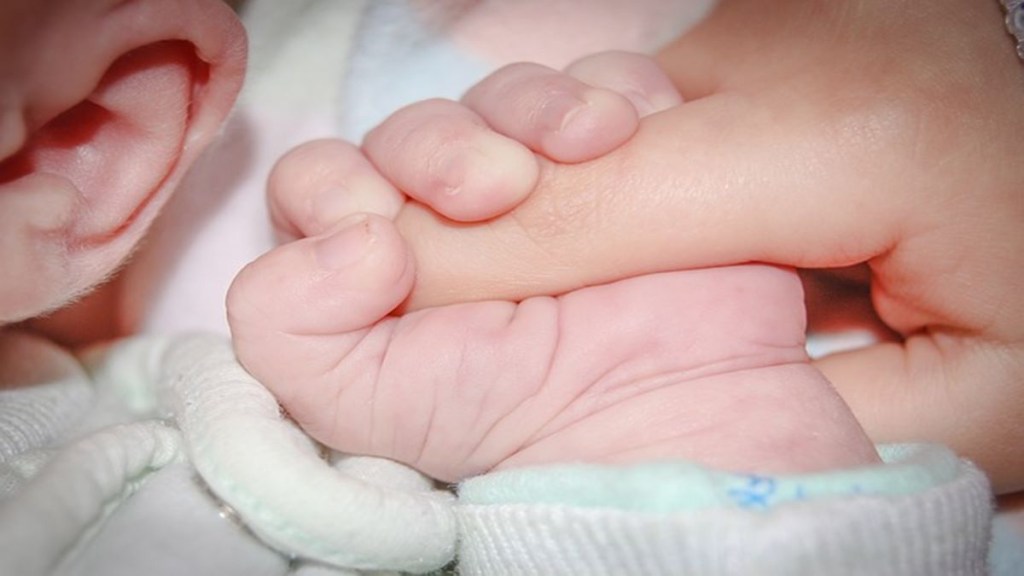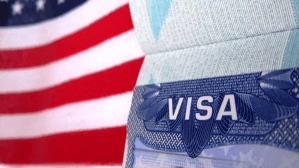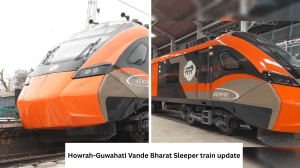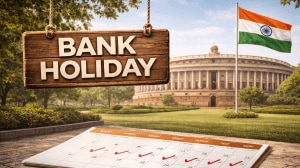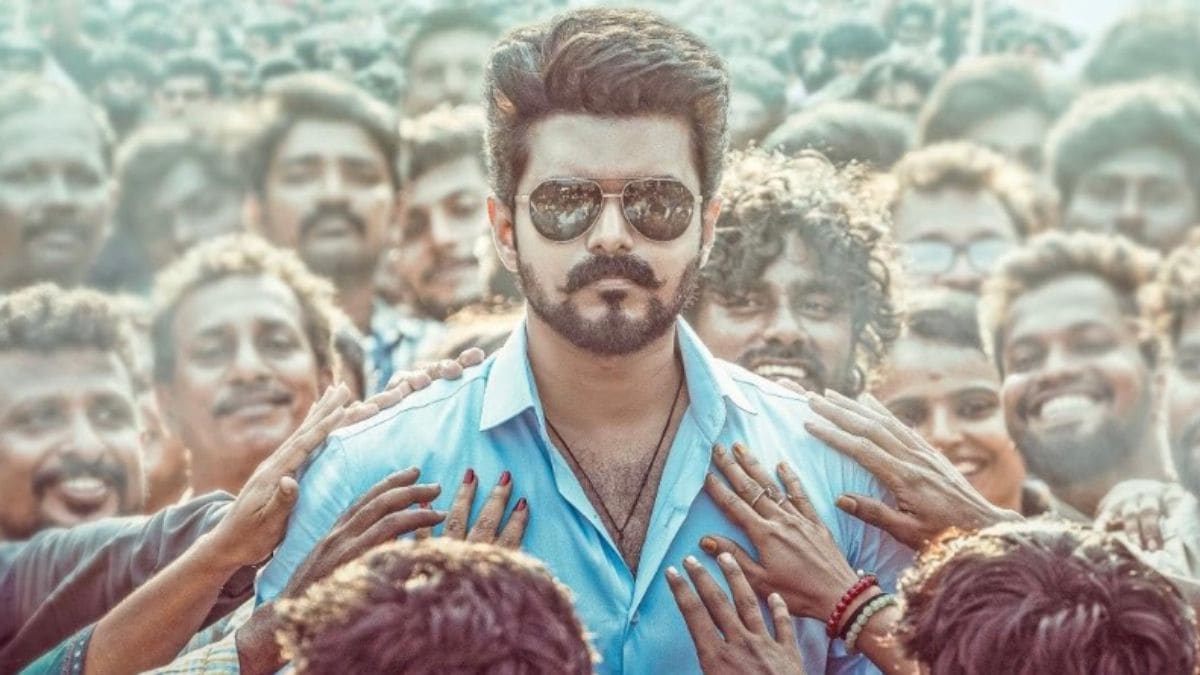Every year, over 35,000 children are born with clefts in India. Cleft lips and cleft palate are birth defects that occur when a baby’s lips or mouth are not properly formed during pregnancy.
According to a 2018 paper published in the Journal of Indian Orthodontic Society, despite the high prevalence of this defect, the majority of cleft patients are unable to follow the protocol of cleft care due to a lack of proper feeding advice, leading to feeding difficulties and poor nutrition resulting in delayed primary surgeries since most of them are unfit for surgery.
According to Center for Disease Control and Prevention (CDC), a cleft lip happens if the tissue that makes up the lip does not join completely before birth. This results in an opening in the upper lip.
“The opening in the lip can be a small slit or it can be a large opening that goes through the lip into the nose. A cleft lip can be on one or both sides of the lip or in the middle of the lip, which occurs very rarely. Children with a cleft lip also can have a cleft palate,” CDC states.
In the case of a cleft palate, the tissue that makes up the roof of the mouth does not join together completely during pregnancy, CDC reveals. In certain instances, both the front and back parts of the palate are open. According to health experts, children born with clefts face difficulties in eating, breathing, hearing, and speaking. These children are also susceptible to hearing and dental problems.
“Clefts occur across all socio-economic groups. However, environmental factors such as maternal nutrition during pregnancy and deficiency of folic acid in the first trimester of pregnancy has often been attributed to increasing chances of birth anomalies such as clefts as per medical practitioners,” Mamta Carroll, Sr Vice President & Regional Director, Smile Train, Asia told Financial Express.com.
Smile Train is an international children’s charity that focuses on cleft lips and palettes. The organisation supports free cleft surgeries and has played a crucial role in the last 21 years in this space in India. Since 2019, when Smile Train India announced its 600,000 surgery milestone and marked the 700,000th milestone this year.
Emotional toll of clefts
Children with clefts often experience self-esteem issues, and they are more likely to experience depression or anxiety at some point in their life compared to someone without a cleft.
“As a parent of a child with a cleft lip, I have encountered numerous challenges that have caused me significant worries and distress. One of the most difficult aspects was witnessing how people would perceive my child and pass negative comments based solely on her appearance. This experience was undoubtedly painful for both me and my child. Particularly during her school days, she was subjected to hurtful remarks and taunts because of the appearance of her cleft lip,” Beena Dady, mother of Elga who was born with cleft told Financial Express.com.
She also revealed that prior to the corrective surgery, her child had also encountered speech difficulties. “Despite the challenges, as a parent, we made conscious efforts of sourcing strength and resilience in my child. She used to isolate herself, but we tackled the emotional toll and motivated her at every phase of the transformation,” she added.
Carroll also highlighted that an untreated cleft can have devastating consequences on a person’s self-esteem and social relationships and many children with untreated clefts find it difficult to attend school, communicate fluently, find jobs, or even get married later in their life.
Status of clefts in India
India is the most populous country in the world. Due to its large population, the country has one of the highest numbers of cleft births globally and studies suggest that there are nearly one million untreated cleft patients.
“With over 35,000 children born with clefts in India every year, oro-facial clefts are amongst one of the most common birth conditions in the country, but there is limited awareness about its care and treatment. Many children and their families do not get the specialized care that is critical for babies with clefts because of low awareness levels and various myths that are associated with clefts,” Carroll told Financial Express.com.
According to Carroll, in India, the challenges of cleft are threefold:
- Awareness: People don’t know clefts are treatable. In fact, in India people associate clefts with myths and bad karma. They may not even get surgery done because of these associations and due to ignorance about the availability of treatment. As this is a facial birth difference associated with many stigmas, people with clefts are often in the shadows, and not really speaking about the cause.
- Affordability: Many children born with clefts don’t get treatment because their parents can’t afford the cost of surgery.
- Accessibility: Even if the medical infrastructure is available, there are no standardized quality and safety protocols that are followed which can often prove to be fatal. Thus, through proper training and strict quality and safety standards, Smile Train is helping provide safe surgeries to children born with clefts.
The coronavirus pandemic and its impact have highlighted the importance of collaborations between public and private sectors, especially in the healthcare industry. According to Carroll, Public-Private Partnerships (PPP) can also play a crucial role in the cleft treatment segment.
“Public-Private Partnerships in India are a very successful model especially in the healthcare domain. Any healthcare project is incomplete without working with government machinery. Cleft care is specialized, and time-based – babies born with a cleft need immediate nutrition and feeding care which may not be accessible across all regions. Working together, Public-Private partnerships can provide cushioning support to improve awareness, bridge infrastructural gaps, bring down the
treatment expenditure addressing inclusion issues critical to the delivery of last mile services,” she added.
Challenges of cleft treatments in India
According to Carroll, awareness that cleft is a medical condition that can be treated with timely interventions still remains a key challenge.
“In India, cleft lip and palate have a long history of being linked to numerous myths and stigmas; one common myth being that the pregnant mother used a knife during an eclipse. The mother, at times, is a constant target and becomes a subject of blame by the family and society at large,” she pointed out.
In certain cases, the families even abandon their daughters-in-law with her child. Such children endure taunts from their peers at school and society at large. “Thus, this is imperative for us, to reach out to such families, educate them and help them with the best possible treatment support as soon as possible. Simultaneously, it is also our responsibility to educate society to create an enabling environment for people with cleft to thrive,” she added.
Dr. Karoon Agrawal, Senior Consultant, Plastic Surgery & Project Director, Smile Train, National Heart Institute told Financial Express.com that clefts can lead to severe malnutrition and other health complications.
“A baby with a cleft is born every 3 minutes. Without cleft treatment, these babies can experience isolation and often face prejudice in their communities, may become malnourished due to problems in feeding or eating. This can result in starvation and even death. They can also suffer from chronic ear infections which can result in permanent hearing loss. They may even struggle to speak and express themselves,” Dr. Agrawal informed.
He also maintained that parents should consult a cleft surgeon as soon as they come to know about the baby’s cleft, whether before or after delivery. “The surgeon and the cleft team can guide them on how to feed and care for the child to ensure timely surgery of the child. Some orthodontic procedures to improve surgical results can start as early as one month of age. Parents should follow doctors’ guidance to ensure timely initiation of treatment and surgery of the child,” he told Financial Express.com.
What more needs to be done?
Dr. Agrawal also highlighted that multi-sectoral partnerships and efforts are required to build awareness around this treatable health condition. “The government, public and private sector need to work in tandem to ensure that cleft care becomes affordable and accessible in India and people become more aware and every child born with a cleft is brought to a medical centre in timely initiation of treatment,” he added.
Meanwhile, Beena emphasised that there is an urgent need to take various measures to support the cleft community. Her daughter underwent cleft surgery through Smile Train and she is now a singer.
“As a cleft parent, I strongly believe that much more still needs to be done to support the cleft community. While organizations like Smile Train have made significant strides in providing medical interventions and support, several areas require attention. Increasing awareness and understanding about cleft lips and palates is crucial. Many people still hold misconceptions and stereotypes about individuals with cleft conditions, leading to stigmatization and discrimination. Access to
comprehensive and affordable healthcare is critical,” she told Financial Express.com.
She also pointed out that many families, especially in underprivileged communities, struggle to afford the necessary surgeries and treatments for their children with cleft conditions.
“It is important to establish more sustainable and accessible healthcare systems, ensuring that all children, regardless of their socio-economic background, have equal access to quality care. It is essential to recognize that children with cleft conditions deserve equal rights and respect. Their appearance or challenges should never define them or limit their opportunities. Each child has unique talents and abilities waiting to be discovered, and they deserve the chance to showcase their capabilities. My child Elga’s melodious voice is a testament to the immense potential that resides within every individual. If Elga can achieve such greatness, anyone can overcome any obstacle in life,” she told Financial Express.com.
